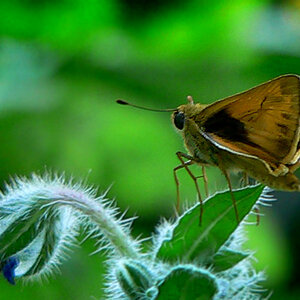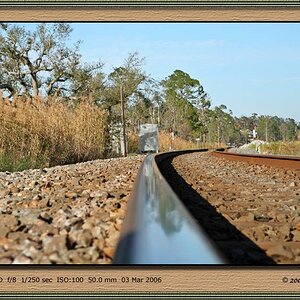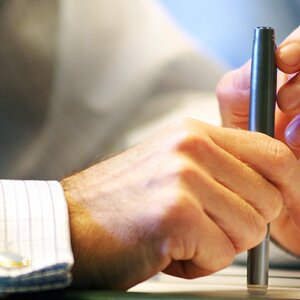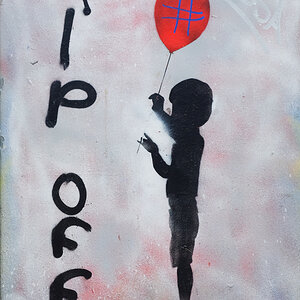Hello all, sorry if this question has already been asked - I realise there is a similar question a few threads down but I have a feeling that's about 'professional' standard scanning. In any case I'm new to the forum, so please don't bite my head off  .
.
I'm relatively new to photography, having done some basic darkroom work - i.e. developing and enlarging - at college, and am now looking to continue my interest in 35mm black and white photography. However I'd like to remove the darkroom from the equation (apart from the initial developing of the film of course) and was wondering how effective and affordable a negative scanner would be for black and white film. I should point out that I will probably never need prints larger than 12"x16", and most will probably be 8"x10" as I can then use my own printer.I have a maximum budget of around £200 (which would equate to about us$350 or 300 Euros) though obviously I would be happy to spend less. I have no experience or knowledge of negative scanners at all, so while I can probably get what I'm looking for on Ebay, I honestly have no idea what it is that I'm looking for... If you see what I mean...
I would be grateful for any suggestions/fatherly guidance/needless abuse, and please ask any questions that would help clarify what I'm after. Thanks in advance :thumbup:
I'm relatively new to photography, having done some basic darkroom work - i.e. developing and enlarging - at college, and am now looking to continue my interest in 35mm black and white photography. However I'd like to remove the darkroom from the equation (apart from the initial developing of the film of course) and was wondering how effective and affordable a negative scanner would be for black and white film. I should point out that I will probably never need prints larger than 12"x16", and most will probably be 8"x10" as I can then use my own printer.I have a maximum budget of around £200 (which would equate to about us$350 or 300 Euros) though obviously I would be happy to spend less. I have no experience or knowledge of negative scanners at all, so while I can probably get what I'm looking for on Ebay, I honestly have no idea what it is that I'm looking for... If you see what I mean...
I would be grateful for any suggestions/fatherly guidance/needless abuse, and please ask any questions that would help clarify what I'm after. Thanks in advance :thumbup:


![[No title]](/data/xfmg/thumbnail/32/32005-d13a0bcc56327c42bd32dff4b0776658.jpg?1619735150)
![[No title]](/data/xfmg/thumbnail/32/32004-4455324f0b4b5cc318dd35877147ac47.jpg?1619735148)
![[No title]](/data/xfmg/thumbnail/36/36643-92fe0dd9e247722bfefe299cd8a549f5.jpg?1619737670)





